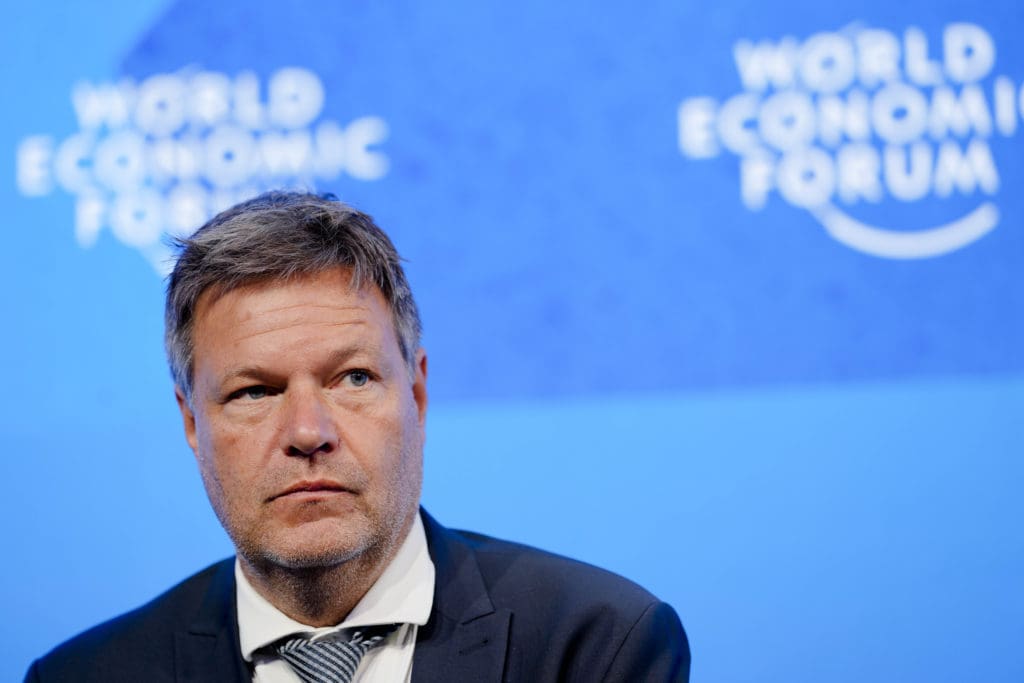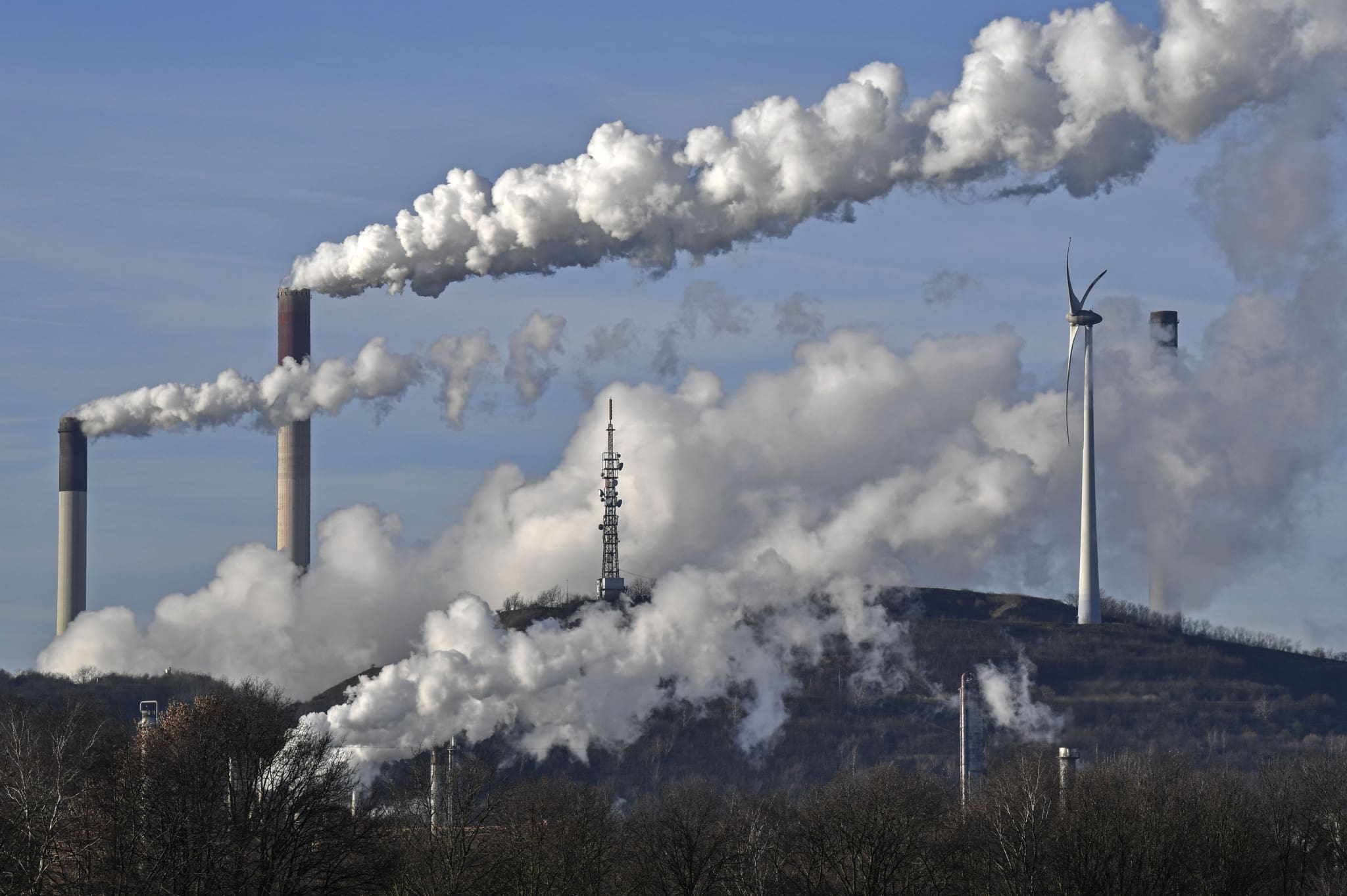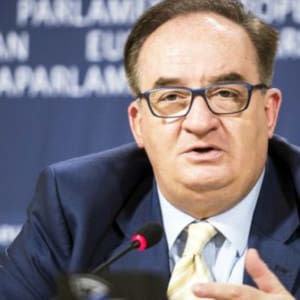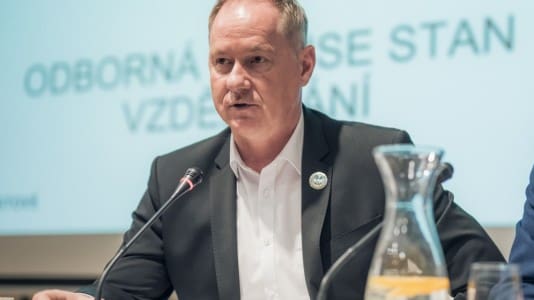Germany will return to coal as an alternative energy source after Russian state-owned Gazprom reduced natural gas supplies to the country via the Nord Stream pipeline, citing the need for repair work.
The move marks a U-turn for German Chancellor Olaf Scholz, whose ruling coalition vowed to cease coal usage by 2030 and expand its renewable energy capabilities for future power generation.
“It’s a bitter pill but an indispensable one for reducing gas consumption,” said Robert Habeck, Germany’s federal minister for economic affairs and climate action, in a statement on Sunday.

“To reduce gas consumption, less gas must be used to generate electricity. Coal-fired power plants will have to be used more instead,” Habeck, who is a member of Germany’s Green party, added. The Green Party has long championed the closure of coal-fired plants and nuclear power plants, and actively opposed attempts to increase Russian gas supplies even before the war.
Now, Germany’s energy policy is in shambles, with Klaus Müller, the head of Germany’s Federal Network Agency, warning that rising gas prices will lead to a major bankruptcies and price hikes that will “send shockwaves throughout the country.” His agency is Germany’s regulatory office for electricity, gas, telecommunications, postal services, and railway markets, which is embedded in the German Federal Ministry for Economic Affairs and Climate Action.
Germany, long dependent on Russian gas, has been incentivizing businesses and citizens to cut down their gas consumption, and the federal government has labeled the need to divert spare fuel to the country’s energy reserve facilities a “top priority.”
[pp id=39637]
Habeck accused Russian President Vladimir Putin of devising a strategy intended to “unsettle” Europe “by driving up the price [of energy] and dividing us. We won’t let that happen,” the federal minister added.
The economic minister revealed the nation’s storage facilities are currently at 56.7 percent capacity, and assured people that the country was still able to make up the shortfall from Russia by purchasing natural gas elsewhere. However, he warned a longer-term solution would be required to ensure energy security in Germany.
The ongoing conflict in Ukraine has sparked a global energy crisis, with the price of all energy supplies skyrocketing, resulting in a number of European nations reverting to either purchasing more coal and other polluting forms of energy, or reactivating coal-fired power stations themselves.






